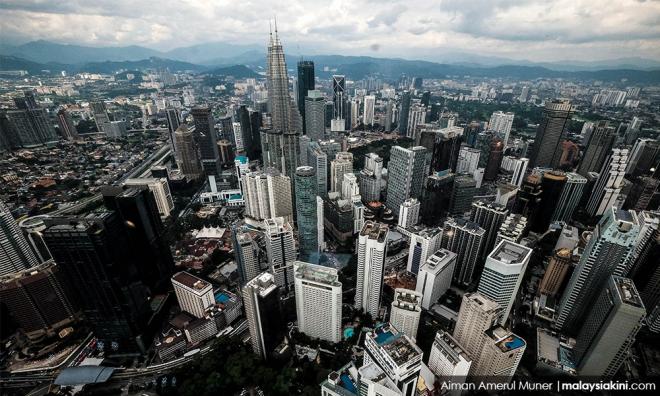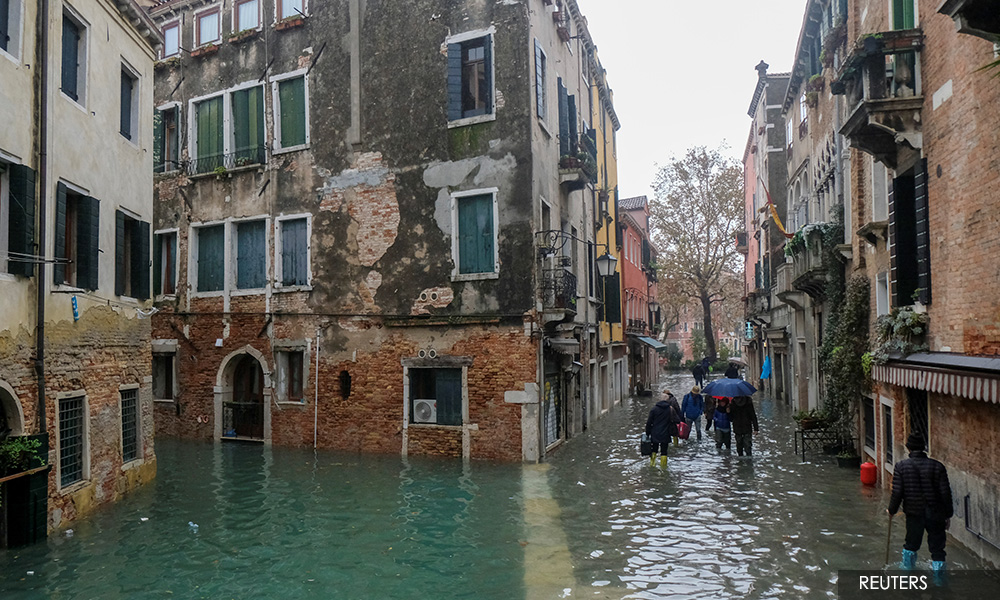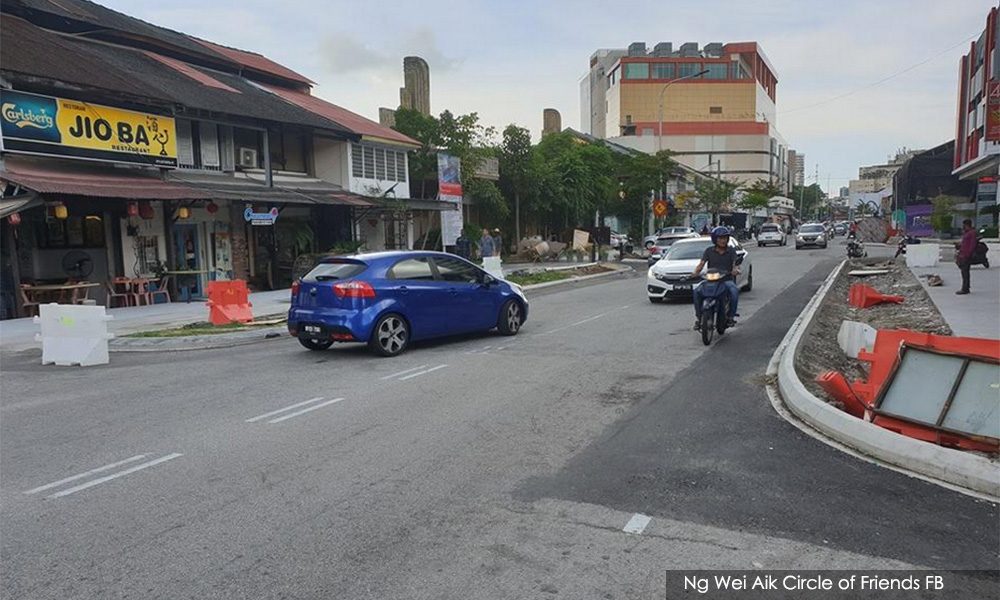All that glitters…

Welcome to 2020.
Aside from the Y2K bug at the turn of the century, we enter this decade more uncertain of our future, mostly for this big, blue marble we call Earth.
Those that have been existing in denial for the past two decades can now see and even experience the changes to the planet. The devastating consequence of Hurricane Katrina, the melting of the glaciers and now the Australian bushfires - the earth is speaking and even raging, but unfortunately too few are listening.
The main message I am observing is that we are a world utterly divided. Those who are struggling to survive cannot think of the future and are only able to exist from day to day while those who have more than enough, don’t do enough. (I myself am guilty of the latter).
In Malaysia, I see the polarity all the time, manifested in our cities. We have climate meetings and declarations almost every few months, but we also have the surrendering of forested land or tearing down heritage buildings to fuel more development whilst many older buildings lie empty. We have ministries for the protection of the environment but there also exists lackadaisical enforcement and punitive fines for those that pollute our water sources.
We have become a nation of expediency tied very much to election cycles that are creating siloed actions. The business of politics has subsumed long term solutions over projects that are expedient and can show results in three years. This, unfortunately, is not limited to Malaysia but is experienced in many countries.

It took us about half-a-century to invest in the degradation of the planet and we arrogantly believe that we can undo this damage by investing in short term projects?
The Aug 22 edition of The Economist wrote that the future lies with corporations, unfettered by bureaucracy, they can create impactful change with having an effective environmental, social and corporate governance (ESG) strategy and implementation. That doing good, is good for the bottom line. Although this is one motivation, I believe we have already reached a tipping point whereby doing good for the sake of your bottom line or being an attractive talent magnet is not as important nor urgent as doing good for the longevity of humanity and the planet – good for good’s sake.
We can no longer afford to create products and services at the expense of the planet, then plough some of the profits into doing good, which, if you look at it, puts you back to a neutral position if not negative position, which as far as I am concerned is nothing but a shallow branding and PR exercise.
Corporations that embrace good practice are one part of the equation but we simply cannot ignore the civil service. There is a need to engage and collaborate with local governments and civil servants as there are many who are passionate and invested in sustainable change.
Most local councils and their mayors sincerely want to serve and create sustainable change but don’t have the resources, whilst some are simply too invested in firefighting with little time for strategy. Then there are others who are so bowled over with concepts such as "world-class" or "smart cities" that they jump on that bandwagon with not enough thought about the local context.
For me, world-class cities start with world-class enforcement and world-class maintenance. But we lack the resources to overcome lawbreakers who outnumber enforcement officers; this is compounded by a mass citizenry that lacks pride and respect for places and the law. In KL, if you don’t nail down anything, it goes from bollards to hawker carts – public property such as sidewalks are destroyed by cars and trucks parking on them.

How many times have you been at parties and overheard fellow Malaysians patting each other on the back for escaping fines or getting discounts on fines because they know how to buck the system. So beyond blaming city officials, we as fellow citizens have also been guilty of enabling bad behaviour.
So the time really has come for all of us to be accountable. Although city councils can step up some of their services and perhaps run education and awareness communication programmes, it is not their job to teach our children and adults how to behave. It is not their job to instil integrity and to build strength of character.
That is done at homes and in schools as well as in offices when we gently call out certain behaviours that are not acceptable. If we want to have a more sustainable future, we need to start looking at ourselves to see what it is that we can do to make things better.
“You cannot get through a single day without having an impact on the world around you. What you do makes a difference, and you have to decide what kind of difference you want to make.” – Jane Goodall
LEE JIA PING is former programme director at Think City and honorary council member of the Heritage Trust of Malaysia. She now heads Tempatico, a consultancy that 'uses urban strategy, conservation and placemaking to build communities'. - Mkini
✍ Credit given to the original owner of this post : ☕ Malaysians Must Know the TRUTH
🌐 Hit This Link To Find Out More On Their Articles...🏄🏻♀️ Enjoy Surfing!



















Post a Comment